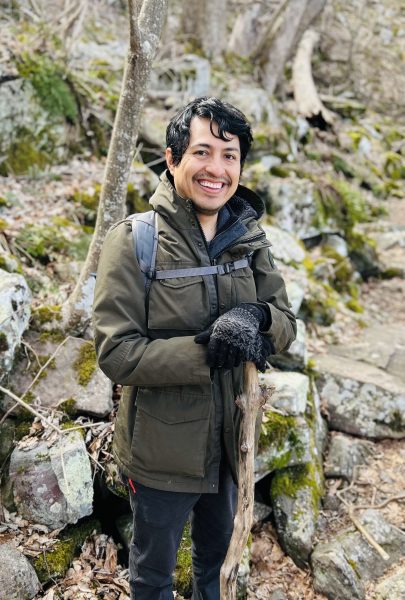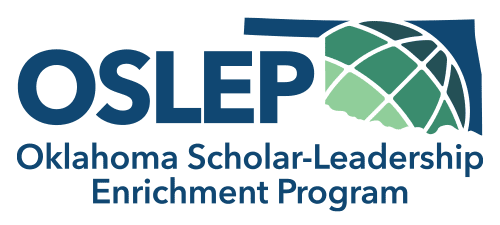Class Details
Ecocritical Readings: The Landscapes of Latinx Cultural Expressions and Environmentalisms
This course offers us an overview of the complex and varied relationships Latinx people from diverse ethno-racial groups have with their environments by inviting us to study various mediums of Latinx cultural expressions on environments such as film, music, and visual art as well as a variety of literary forms including fiction, creative non-fiction, drama, and archival materials. Finding ourselves in, among other spaces-places, chicken houses and factories as well as in suburbs and agricultural fields, this course will carry us throughout the U.S. and the globe to expose the socio-historical and natural processes that shape Latinx people’s experiences with their environments. Informed by eco-feminist and intersectional frameworks and attuned to environmental justice concerns, disproportionate impacts, and healing ecologies, this course allows us to explore how Latinx literature and other art forms depict Latinx structural vulnerability alongside place-making in human-made and natural environments. We will consider how Latinxs talk about and relate to nature and how they understand degraded environments. We will also immerse ourselves in Latinx healing ecologies and sustainability practices.
Enrollment
- Enrollment through your home campus; contact your OSLEP campus coordinator for information
- OSLEP provides all required reading materials at no additional cost-NO books to buy!
- Housing and meals provided
- In-person residential seminar

Scholar
Geovani Ramírez Ph.D.
Emory University
Geovani Ramírez is an assistant professor of Chicanx/Latinx Literary Criticism and Cultural Studies at Emory University. His research interests revolve around the intersections of Chicanx/Latinx Studies, environmental humanities, and medical humanities. Through employing ecocritical and disability studies frameworks as well as ecofeminist and Chicana feminist theory, his current book project, The Burning Question of Labor, reveals the essential role Chicanas have played in offering conceptual frameworks for understanding Chicanx relationships to labor and laboring spaces, environments, and health.
Geovani’s work has appeared in such venues as Berkeley Press’ Ethnic Studies Review, Literature and Medicine, Latinx Talk, and Intersectionality: Understanding Women’s Lives and Resistance in the Past and Present. His public-facing, transdisciplinary approach toward the study of and advocacy for Latinx populations is manifested in his autoethnographic work, which has resulted in the publication of “Chicken Doctors and the Trials of Transcendence: Unveiling Gallinera/o Illness Narratives” and continues in his current work with gallineras/women poultry laborers.
Class Prep
